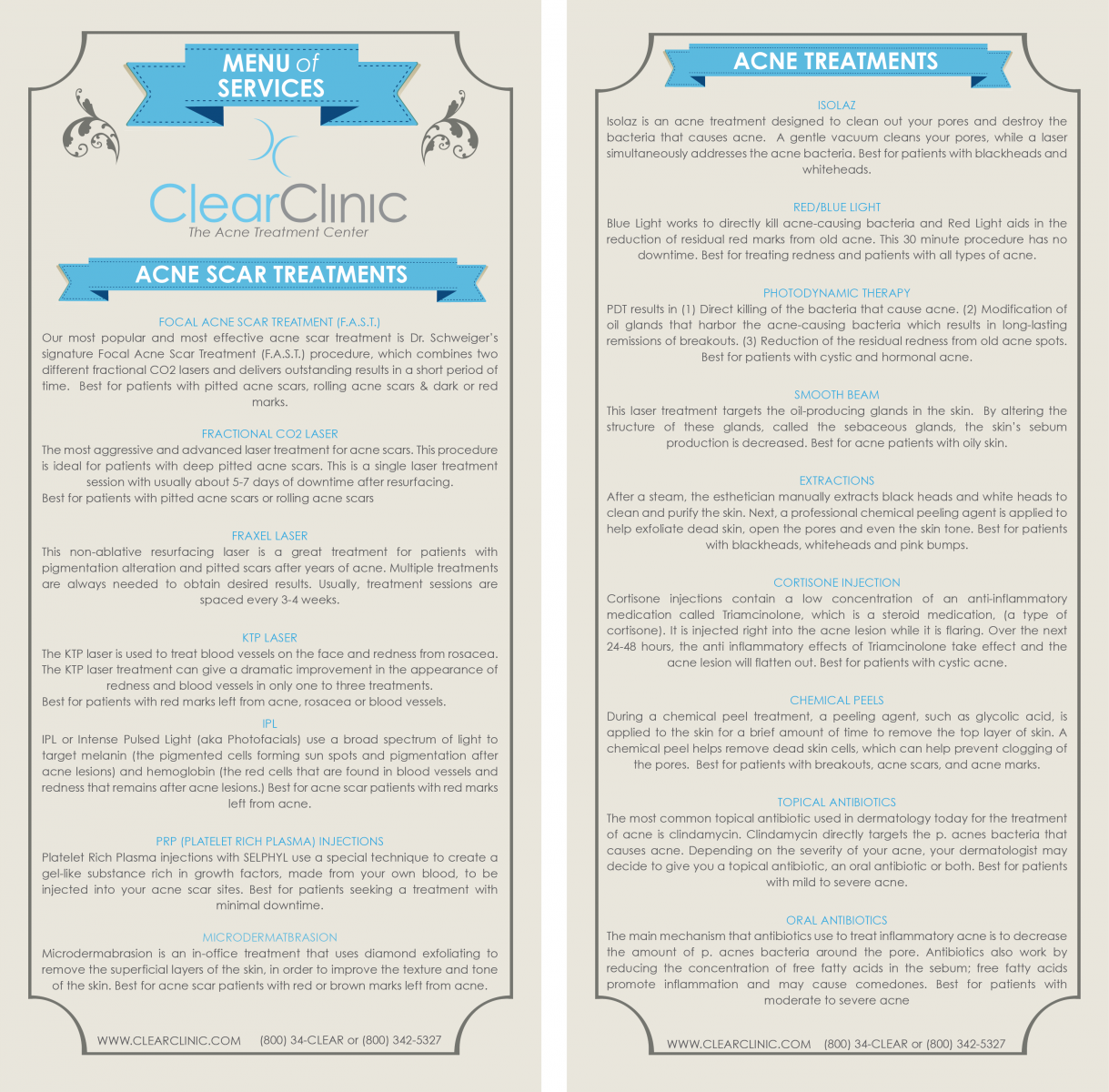Which Acne Medications Cause Sunburn?
It is important to treat acne, even the most mild acne, at the first sign of its development. Failure to begin treatment can lead to permanent scarring and worsening acne. But what if acne presents during the summer months? It is a known fact that many medications used for the treatment of acne can cause sunburns. Can you continue to use your acne medications during the summertime? Which acne medications cause sunburn?
According to Dr. Schweiger, “The answer is yes. Although some acne medications make you more sun sensitive, regular use of sunscreen can prevent sunburn in nearly all case. There are some oral medications and in-office acne treatments that require special attention when used during the summer months, but we recommend continuing most acne regimens all year long.”
Here are a few acne medications and treatments that may cause sunburn:
Retinoids – Topical retinoids (such as Differin, Retin-A, Tazorac, and Atralin) increase skin cell turnover and uncover the healthy layers of the skin. This healthy skin can be more sun sensitive. Most patients can continue to use their retinoid cream all summer long, with regular use of sunscreen and sun protection. However, we recommend discontinuing your retinoid if you notice more sun sensitivity, even with regular sun protective measures.
Doxycycline – Doxycycline has been shown in some people to cause increased sun sensitivity. In some patients, doxycycline is necessary and it is safe for them to use during the summer months with proper instruction. In other patients, we may choose to use alternative antibiotics for acne treatment during the summertime.
Accutane – Accutane has a reputation for being a medication to avoid during the summer months. While taking Accutane, you will be more sun sensitive, but most patients are able to avoid sunburn with regular sunscreen use and avoidance of direct sun exposure for prolonged periods of time.
Photodynamic Therapy – Photodynamic Therapy is an in-office acne treatment using a topical medication called aminolevulinic acid. This medication causes your skin to be very sun sensitive for a few days after the treatment. For most patients, we recommend strict sun avoidance for 48 hours after their treatment, though this time varies by the strength of the treatment performed.

